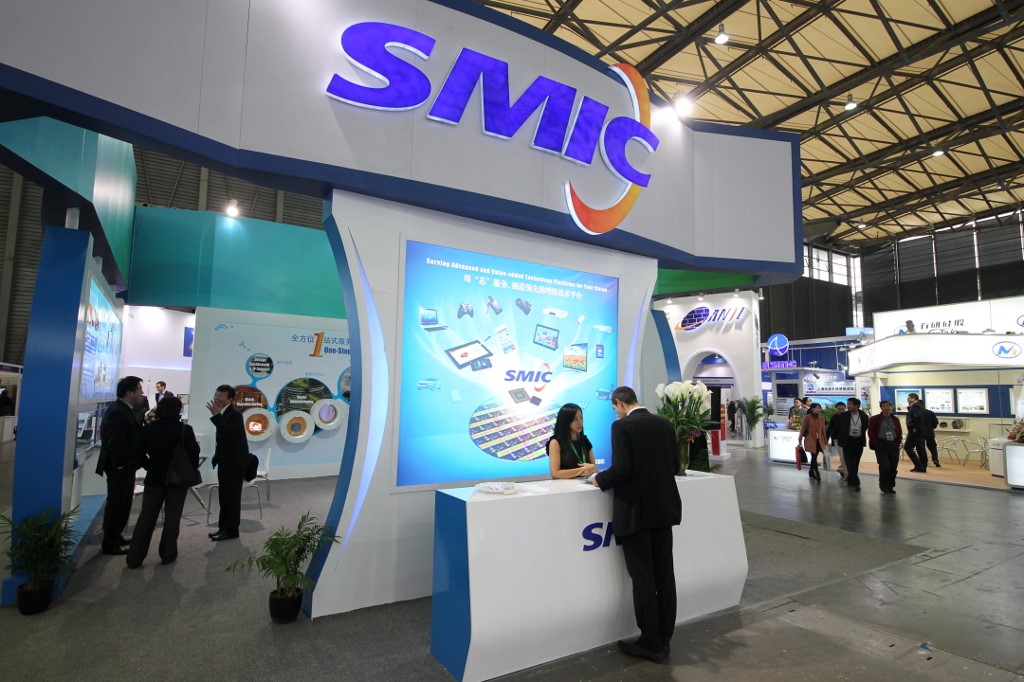China’s biggest chipmaker Semiconductor Manufacturing International Corp (SMIC) says it has signed an agreement to invest $7.5 billion for a new foundry in Tianjin.
The Shanghai-based conglomerate, hit by US sanctions in late 2020 for ties to China’s military, is a key part of China’s drive to build up its domestic chip sector.
According to a filing late on Friday, the new fab will have a production capacity of 100,000 12-inch wafers per month serving process nodes between 28 nanometres and 180 nanometres.
The plant will be run as a subsidiary of SMIC in cooperation with the government of Tianjin’s Xiqing district, and will have an initial registered capital of $5 billion, the notice said. But no date was given when the plant will start production.
Backed partly by government funds, SMIC supplies global customers primarily making trailing-edge chips. It lags behind Taiwan Semiconductor Manufacturing Co in technology prowess and market share.
The company has been expanding capacity as Washington and Beijing compete over access and development of chip technology.
SMIC said in late 2020 it would build a 12-inch fab in Beijing, followed by announcements last year of new fabs in Shenzhen and Shanghai.
The Tianjin fab will be the fourth the company has under construction in China, complementing three 8-inch fabs and three 12-inch fabs in operation in the country.
In late 2020 Washington imposed sanctions on SMIC that block access to certain manufacturing equipment, effectively barring the company from making chips produced using 7-nanometer process nodes.
While the sanctions are intended to prevent SMIC from producing advanced chips at the industry standard, some analysts have found signs that SMIC has nevertheless managed to produce 7-nanometer chips.
- Reuters with additional editing by Jim Pollard
ALSO SEE:
Sanctions On Russia Remind China Over Its Need For Chips
























